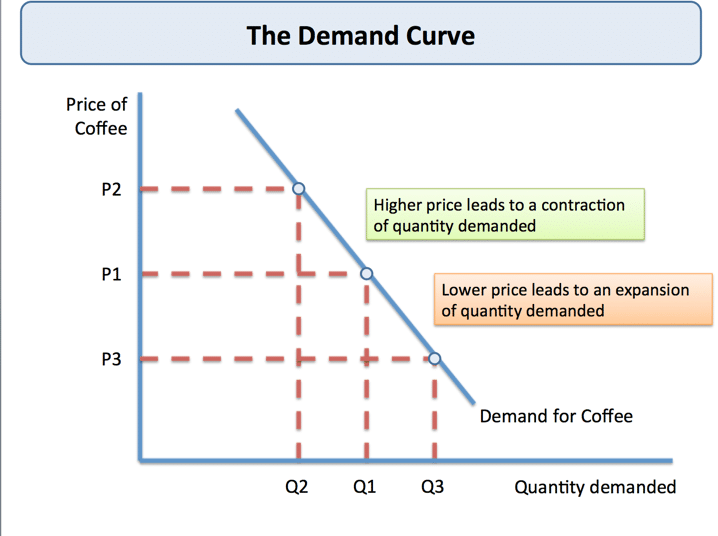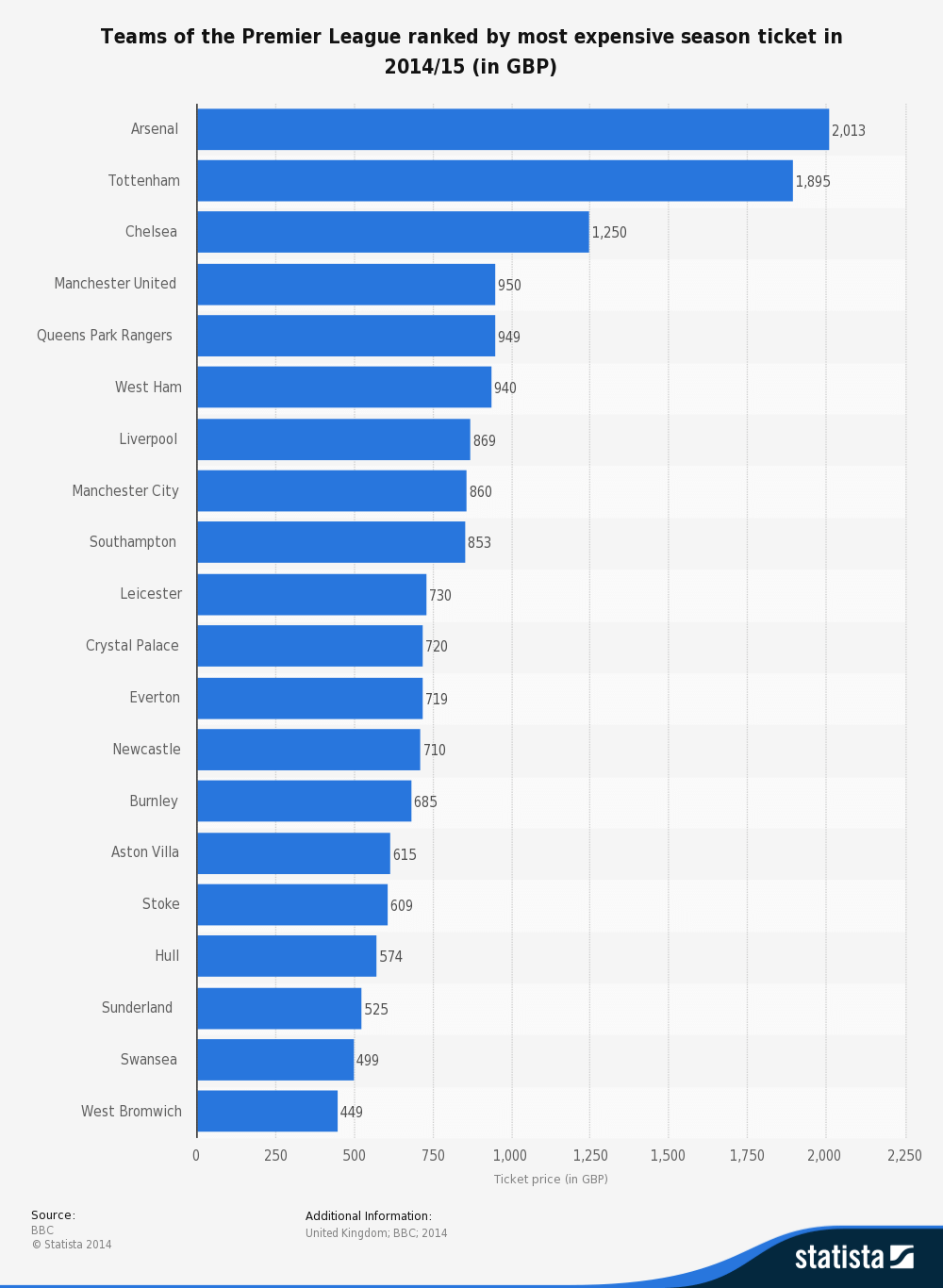Demand and its effect - CA CPT PDF Download
Needed a Document for demand?
Ref: https://edurev.in/question/444177/Needed-a-Document-for-demand-
The word 'demand' is so common and familiar with every one of us that it seems superfluous to define it. The need for precise definition arises simply because it is sometimes confused with other words such as desire, wish, want, etc.
Demand in economics means a desire to possess a good supported by willingness and ability to pay for it. If your have a desire to buy a certain commodity, say a car, but you do not have the adequate means to pay for it, it will simply be a wish, a desire or a want and not demand. Demand is an effective desire, i.e., a desire which is backed by willingness and ability to pay for a commodity in order to obtain it. In the words of Prof. Hibdon:
"Demand means the various quantities of goods that would be purchased per time period at different prices in a given market".
Characteristics of Demand:
There are thus three main characteristic's of demand in economics.
(i) Willingness and ability to pay. Demand is the amount of a commodity for which a consumer has the willingness and also the ability to buy.
(ii) Demand is always at a price. If we talk of demand without reference to price, it will be meaningless. The consumer must know both the price and the commodity. He will then be able to tell the quantity demanded by him.
(iii) Demand is always per unit of time. The time may be a day, a week, a month, or a year.
Example:
For instance, when the milk is selling at the rate of $15.0 per liter, the demand of a buyer for milk is 10 liters a day. If we do not mention the period of time, nobody can guess as to how much milk we consume? It is just possible we may be consuming ten liters of milk a week, a month or a year.
Summing up, we can say that by demand is meant the amount of the commodity that buyers are able and willing to purchase at any given price over some given period of time. Demand is also described as a schedule of how much a good people will purchase at any price during a specified period of time.
Each of us has an individual demand for particular goods and services and our demand at each price reflects the value that we place on a product, linked usually to the enjoyment or usefulness that we expect from consuming it. Economists give this a term - utility
Effective Demand
- Demand is different to desire! Effective demand is when a desire to buy a product is backed up by an ability to pay for it
Latent Demand
- Latent demand exists when there is willingness to buy among people for a good or service, but where consumers lack the purchasing power to be able to afford the product.
Derived Demand
The demand for a product X might be connected to the demand for a related product Y – giving rise to the idea of a derived demand. For example, demand for steel is strongly linked to the demand for new vehicles and other manufactured products, so that when an economy goes into a recession, so we expect the demand for steel to decline likewise.
Steel is a cyclical industry which means that market demand for steel is affected by changes in the economic cycle and also by fluctuations in the exchange rate.
Zinc is a good example of a product with a strong derived demand. It has a wide-range of end users such as galvanised zinc used in cars and new buildings, die-casting used in door furniture and toys, brass and bronze used in taps and pipes. And also rolled zinc (used in roofing, guttering and batteries) and in chemicals used in making tyres and zinc cream.
Transport as a Derived Demand
The demand for transport is the number of journeys consumers or firms are willing and able to purchase at various prices in a given time period. Transport is rarely demanded for its own sake, the journey, but for what the journey enables e.g. commuting, taking a holiday or distribution. When an economy is growing, there is an increase in derived demand for commuting, business logistics and transport for holiday purposes.
The Law of Demand
There is an inverse relationship between the price of a good and demand.
- As prices fall, we see an expansion of demand.
- If price rises, there will be a contraction of demand.
Ceteris paribus assumption
Many factors affect demand. When drawing a demand curve, economists assume all factors are held constant except one – the price of the product itself. Ceteris paribus allows us to isolate the effect of one variable on another variable
The Demand Curve
A demand curve shows the relationship between the price of an item and the quantity demanded over a period of time. There are two reasons why more is demanded as price falls:
1. The Income Effect: There is an income effect when the price of a good falls because the consumer can maintain the same consumption for less expenditure. Provided that the good is normal, some of the resulting increase in real income is used to buy more of this product.
2. The Substitution Effect: There is a substitution effect when the price of a good falls because the product is now relatively cheaper than an alternative item and some consumers switch their spending from the alternative good or service.

The Law of Demand
- As price falls, a person switches away from rival products towards the product
- As price falls, a person's willingness and ability to buy the product increases
- As price falls, a person's opportunity cost of purchasing the product falls
Note: Many demand curves are drawn as straight lines to make the diagrams easier to interpret
The chart below shows average season ticket prices for English Premier League clubs. What factors affect the willingness and ability to pay for a season ticket? Why is there such a large difference in prices?















